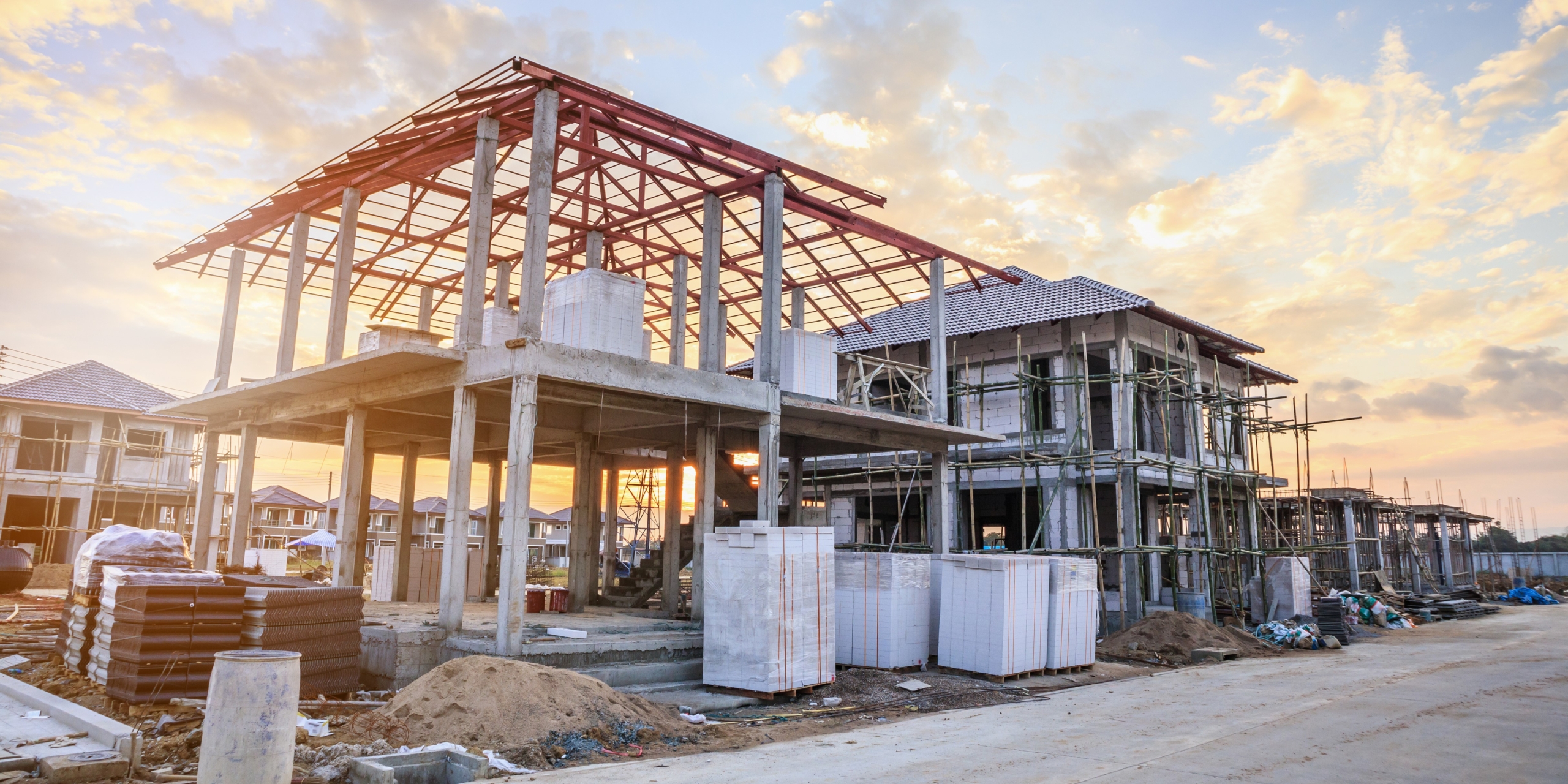Succession Planning for Construction Firms: Preparing for the Future
Running a construction company is no small task — and sustaining it over decades is even harder. Many construction firms are family-owned or closely held businesses, where leadership and ownership are deeply personal. Yet one of the biggest risks in the industry is the lack of a clear succession plan. Without one, firms face uncertainty […]
Construction Contracts: Reducing Risk through Clear Agreements
No matter the size or scope of a project, one thing remains constant in the construction industry: risk. From budget overruns to legal disputes, the challenges that contractors and developers face can often be traced back to one root issue—unclear or incomplete contracts. A strong construction contract does more than outline the work to be […]
Maximizing Profitability in Real Estate through Smart Property Management
In today’s competitive real estate environment, property owners and investors are looking for every opportunity to enhance returns. While location and market timing are always important, one of the most overlooked keys to profitability lies in smart property management. From operational efficiencies to strategic tenant retention, effective property manageme
Supply Chain Disruptions in Construction: Strategies for Resilience
In recent years, the construction industry has faced unprecedented supply chain disruptions—from labor shortages and inflationary pressures to delays in materials like steel, lumber, and concrete. These challenges have tested even the most seasoned contractors and developers, causing project delays, cost overruns, and logistical headaches. While some of the
The Role of Technology in Project Cost Estimation for Construction Firms
Accurate project cost estimation is the backbone of every successful construction project. Getting it right means better budgeting, fewer surprises, and stronger profitability. But today’s construction firms face increasingly complex projects, tight margins, and rapidly changing material and labor costs — making traditional estimation methods less reliable
Navigating the Challenges of Mixed-Use Real Estate Developments
Mixed-use real estate developments—combining residential, commercial, retail, and sometimes even industrial spaces within a single project—are increasingly popular in today’s urban landscapes. These developments offer vibrant, walkable communities and diversified income streams, making them attractive to developers, investors, and municipalities alike.
Zoning and Permitting Challenges: What Real Estate Developers Need to Know
Real estate development is a complex process that extends far beyond acquiring land and constructing buildings. One of the critical early hurdles developers face is navigating zoning and permitting requirements, which can significantly impact project timelines, costs, and feasibility. Understanding zoning laws and securing the necessary permits are essential
Cash Flow Management for Construction Firms: Avoiding Common Pitfalls
Managing cash flow is one of the biggest challenges construction firms face daily. With the complex nature of construction projects—where significant costs come upfront but payments often come later—maintaining steady cash flow is critical to keeping operations running smoothly and growing your business. Without effective cash flow management, even projec
Real Estate Tax Deferral Strategies: Making the Most of 1031 Exchanges
For real estate investors, one of the most powerful tools available to minimize taxes and maximize returns is the 1031 exchange. This strategy allows investors to defer capital gains taxes when selling a property and reinvesting the proceeds into a similar property. By leveraging 1031 exchanges, investors can preserve more capital for reinvestment, potentially
Managing Rising Material Costs: Budgeting and Forecasting for Contractors
Rising material costs have become one of the most significant challenges in the construction industry. From steel and lumber to concrete and insulation, contractors are grappling with price increases that impact project budgets and timelines. As supply chain disruptions and inflation continue to drive costs upward, contractors must adopt effective strategies fo











